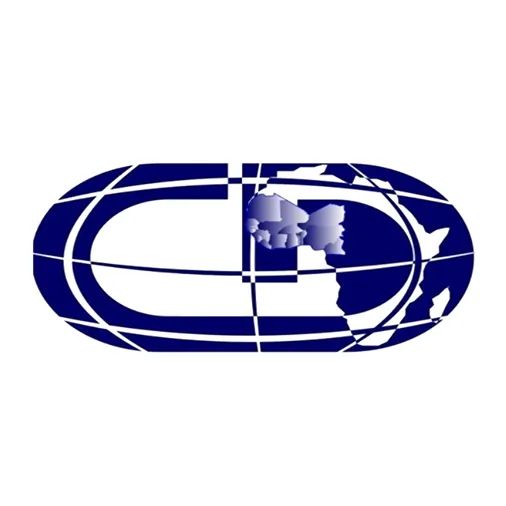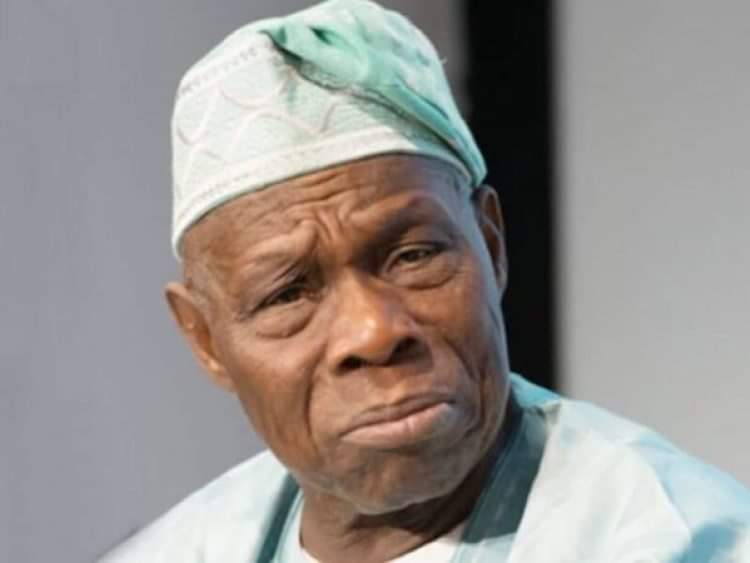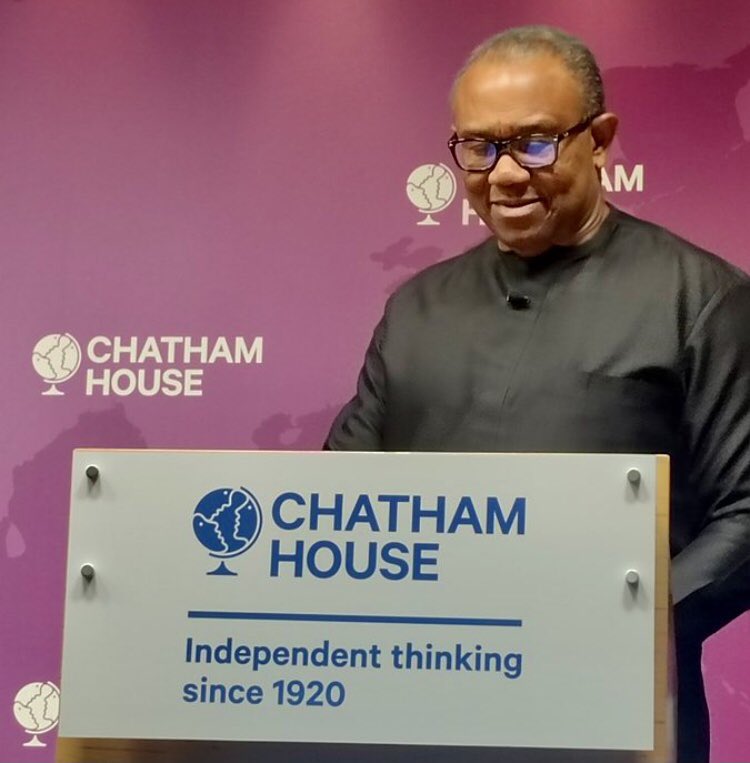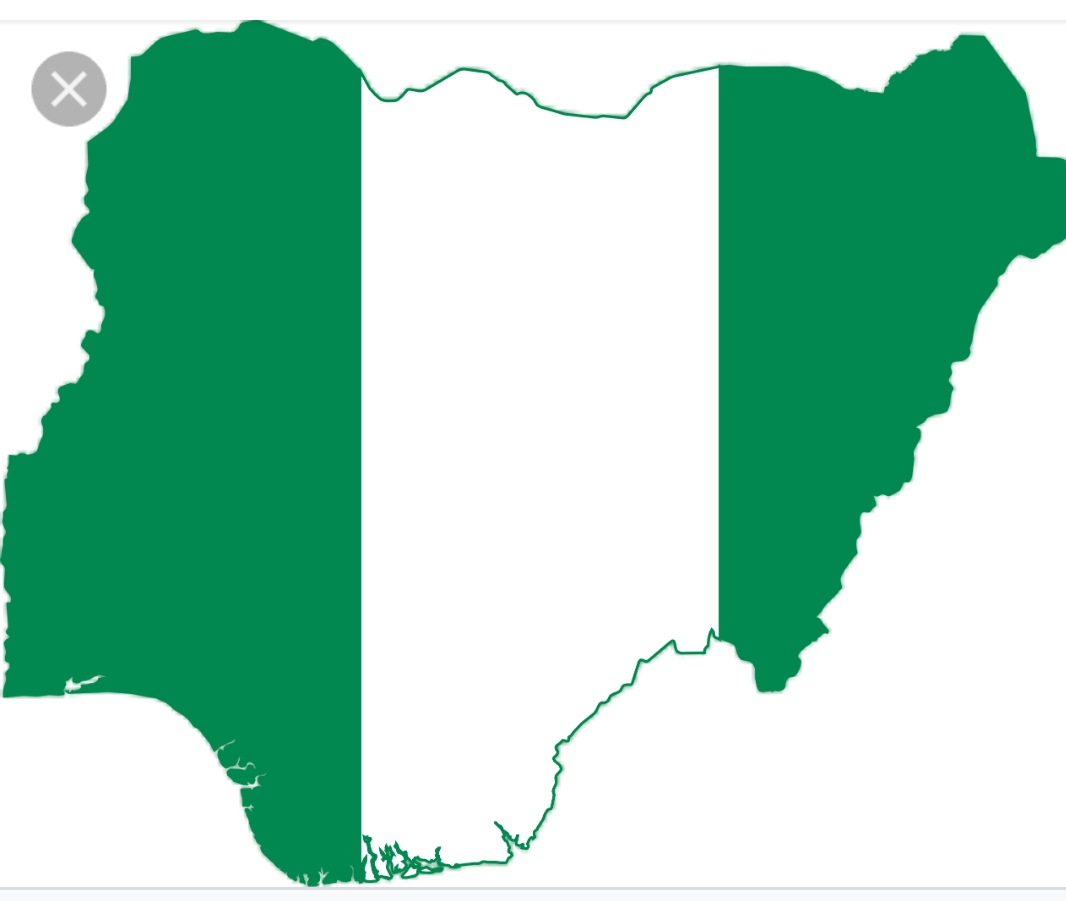When leading actors in the civic space converged in Abuja recently for the 13th edition of the Anti Corruption Situation Room, the crux of the matter focused on the complex question of how to proactively set, and follow up with the anti-corruption agenda of the 9th National Assembly. It was an important discussion to have, especially as the pace of legislative activities at the National Assembly picks up. Also, given the not too pleasant experiences in the 8th National Assembly, where precious time was swallowed by executive-legislative catfights, campaigners talked of the need for early strategy of engagement to ensure measurable results, which would reflect in the reduction of corruption.
Activists also took the opportunity to draw attention to overlooked areas in the anti-corruption drive, which have to do with the impacts of corruption on women and other marginalized groups. According to women’s rights advocate, Hajia Saadatu Mahdi, the anti-corruption agenda setting for the ninth National Assembly would be incomplete without an inclusive engagement of citizens.
She said: “There are concerns that the voice of women in the anti corruption drive is very low. There is also the concern that how corruption affects women’s access to services and facilities is greatly underplayed in the anti-corruption campaign. We need to be able to get the National Assembly to recognize that their oversight of what the Ministries and Agencies are doing, really takes services to the grassroots, where all Nigerians can access them.”
Interestingly, the point about how corruption denies women access to social services an was exemplified when the Special Adviser to the President on Social Investment, Mrs. Maryam Uwais told the audience how women beneficiaries of the Conditional Cash Transfer (CCT) Program were being short-changed. “What we found out is that some community leaders were demanding for levies from the beneficiaries. And we found that some Local Government officials in that community were also taking monies away from the beneficiaries.
“And if you recall, the bulk of our beneficiaries are poor and vulnerable, so when people ask them for say N3000 out of N10, 000, for such beneficiaries, N7000 is still a lot of money. So they believe if they don’t give that money, they will be removed or get harassed.” She said all those involved in the attempt to shortchange poor and vulnerable citizens have been referred to the law enforcement agencies for prosecution.
Speaking earlier, Dr. Otive Igbuzor, who is settling into his new role as Special Adviser to the Deputy Senate President drew attention to the five critical groups, which he stressed needed to work together to reduce corruption in the polity. These organizations he noted include the executive, which has the task of putting in place due processes, mechanisms and financial seculars to ensure laid down procedures are followed. Next to the executive is the legislature, which ensures there are laws in place to tackle corruption. Following are the independent commissions and agencies, which try to enforce the laws. After them come the media, which is mandated by the constitution to hold government accountable. Next to these groups, he noted are the citizens and citizen groups.
“In my view, the challenge that Nigeria has is that these five groups are not doing their jobs excellently well. To deal with corruption in any society requires focusing on systems, the way things are done; society so that everybody will see corruption as bad and fight against it, and sanctions so that those who engage in it are dealt with it.” With respect to engaging the ninth National Assembly therefore, Dr. Igbuzor called on anti-corruption campaigners to have a clear advocacy brief, which they would take to the National Assembly, outlining how these five groups critical to efforts at reducing corruption would work together for the realization of set anti-corruption goals.
On his part, the Deputy Country Director of MacArthur Foundation, Mr. Oladayo Olaide called on anti-corruption campaigners to move beyond name calling as an action against corruption. He said: “I think the challenge of corruption is very clear to all of us, but one thing we must also agree on is that name calling will not take away corruption. It doesn’t matter whether we call it evil, cancer, cankerworm, demon, a challenge or a problem; the bottom line is that we would need to move beyond name calling to be able to overcome corruption.”
Mr. Olaide added that while Nigeria has made some progress in the last 20 years, in terms of modernizing the critical institutions, there are grounds to cover on other critical areas. “I count 15 to 20 different institutions we have put in place; the problem is not one of lack of institutions. One major challenge in the fight against corruption is that it appears we have lost the capacity to enforce our laws.
“I think we need to find and recover that capacity. It is in enforcing our laws that we can make them to become effective deterrents. But laws in and of themselves are not enough. People take to giving and receiving bribes, sometimes because they see everyone else doing it. The question is: how do we also change behaviours?”




















